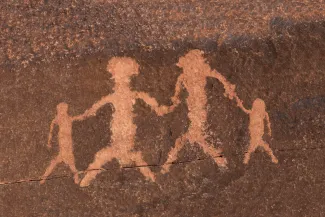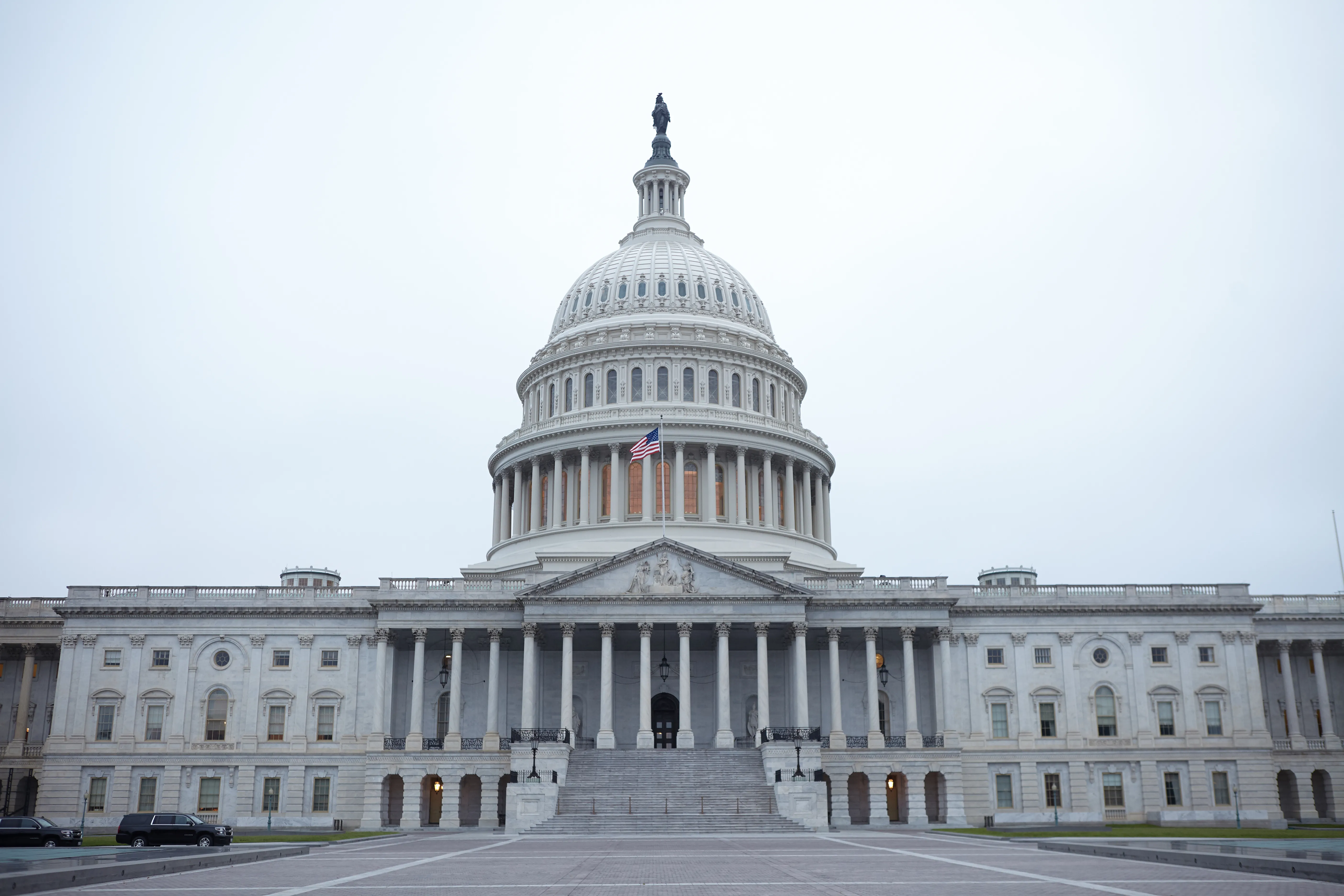
Health gaps persist for American Indian, Alaska Native Coloradans
Click play to listen to this article.
American Indian and Alaska Native communities in Colorado continue to face significant gaps in health care access, quality and outcomes, according to a new analysis of the Colorado All Payer Claims Database.
While the communities face higher rates of many chronic conditions, they are also not getting important preventive care.
David Wright, data manager at the Denver Indian Center, said fear remains a primary barrier, pointing to decades of mistreatment, including the forced sterilization of women and federal policies forcing medicine men and other spiritual leaders into mental asylums up until 1978.

"Native people, for a long time, have been used to advance medical research without their consent," Wright pointed out. "And so there's a large mistrust within the native communities against the medical profession."
Between 2018 and 2024, American Indian and Alaska Native people were diagnosed with kidney disease, autoimmune, nervous, metabolic and endocrine disorders such as diabetes at rates far above their white peers. Wright noted the analysis, produced in partnership with the Center for Improving Value in Health Care, will be used to create a culturally tailored education program for health providers.
Without additional training, Wright pointed out health professionals are likely to continue to assume chronic conditions are due to an individual's dietary choices. Many do not understand for more than 100 years, tribes had to rely on government rations, typically high in carbohydrates and salt, to get enough calories.
"Because of the forced relocation and the reservation systems, and relying on heavily carbohydrate related rations," Wright added.
Poverty, lack of affordable housing and the breakdown of family systems also disproportionately affect health outcomes. Wright argued better health will require treating the whole person, not just specific medical conditions. When people are out of balance in any one area, he stressed there are ripple effects.
"If we're not able to provide stable housing -- which is not only of mental and emotional and physical importance -- but it also will affect the outcomes and the teachings and the role modeling you need for your children and your family structures," Wright emphasized.















